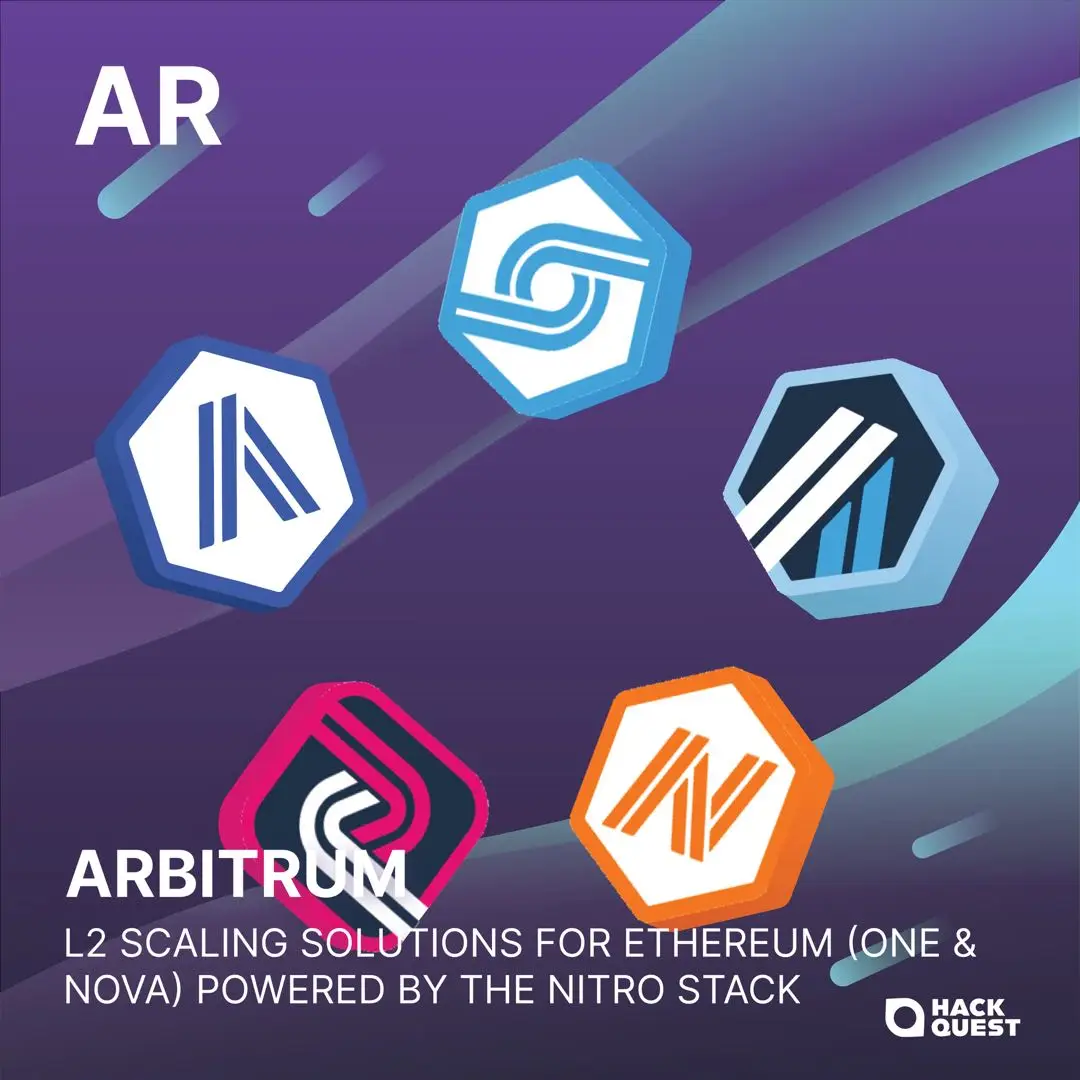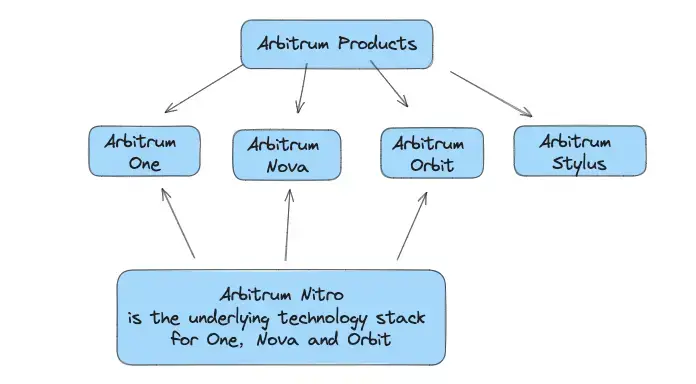Welcome to the world of Web3, where cryptocurrencies, blockchain, and a unique culture converge. Entering the world of Web3 can be both thrilling and overwhelming, especially when faced with the seemingly cryptic language used by enthusiasts. Don't worry if you feel they sound like some secret codes, we are here to unravel their meaning in Web3 context. In this article, we are going to introduce [Arbitrum].
Arbitrum is a Layer 2 scaling solution for the Ethereum blockchain that lowers transaction costs and empowers fast smart contract transactions. In the context of Ethereum, Arbitrum can reduce cost and congestion in the main network by handling blockchain transaction processing and batching.
The origins of Arbitrum can be traced back to Princeton University, under the initiative of Professor Ed Felten, a former Deputy CTO of the Obama administration. Felten encouraged his PhD students, Steven Goldfeder and Harry Kalodner, to investigate ways to enhance Ethereum's scalability. Initial conversations about this venture started in 2015, leading to a comprehensive research paper by 2018. They acquired a license from Princeton University to further develop what is now recognized as Arbitrum.
Arbitrum's main ambition is to facilitate swift and economical transactions on Ethereum. This is accomplished using Optimistic Rollups technology, which aggregates multiple transactions into a single batch, thereby alleviating network congestion and markedly enhancing throughput.
The term 'optimistic' refers to the ability of any validator to submit a rollup block and verify the legitimacy of other blocks, whereas 'Rollup' describes the method by which public data can reconstruct the chain's full history from a streamlined record of events. The Arbitrum protocol guarantees that the code will operate correctly (as designed) as long as there is at least one honest validator, thus safeguarding the network against collusion and various types of attacks. Arbitrum incorporates a verification process for rollup blocks, allowing validators to scrutinize a block's accuracy and raise a challenge if they suspect it is incorrect. Should a block be verified as false or a challenge deemed unwarranted, the deceptive validator will lose their staked funds. This mechanism ensures that validators adhere to the rules, facing repercussions if they do not.
Its security foundation lies in Ethereum, enabling verification of accurate Layer 2 results by anyone.
Full Ethereum Compatibility
Supports all Ethereum Virtual Machine (EVM) standard contracts and transactions. By moving Ethereum's computational and storage demands off-chain, it achieves greater processing capacity.
Specifically engineered to lower Ethereum Layer 1 gas expenses, thereby decreasing transaction costs. While there are other Layer 2 solutions that provide similar features, to our best knowledge, none match Arbitrum's comprehensive functionality and low cost.
Arbitrum showcases the potential of Layer 2 solutions to enhance the Ethereum ecosystem significantly. By providing a seamless, cost-effective, and scalable framework, Arbitrum not only addresses Ethereum's current limitations but also paves the way for innovative applications in DeFi, NFTs, and beyond. Its roots in academic research and commitment to security, compatibility, and scalability underscore the profound impact of thoughtful, technology-driven solutions in advancing the blockchain space.

